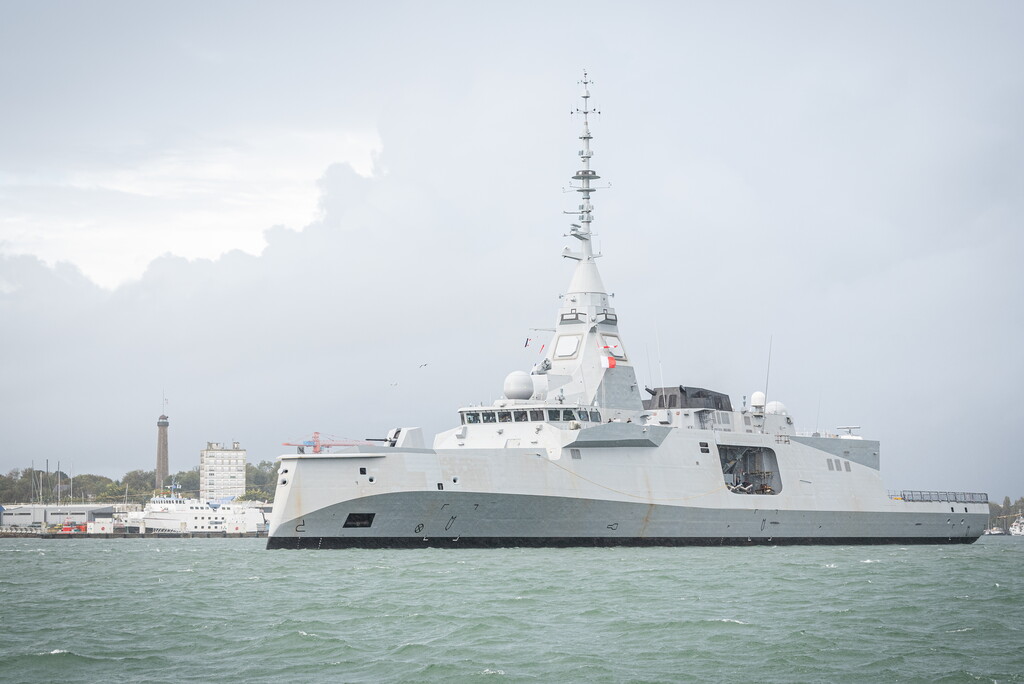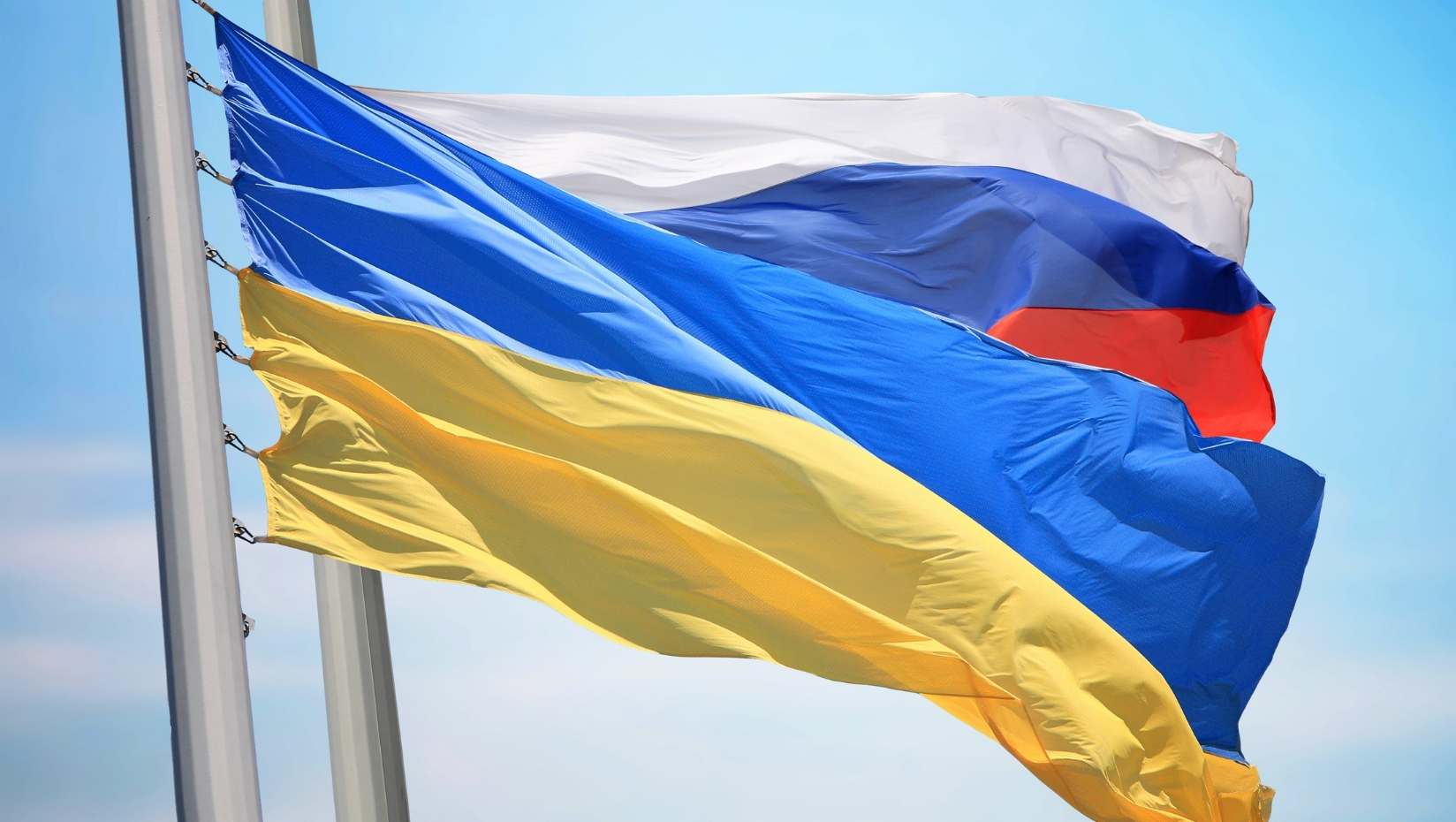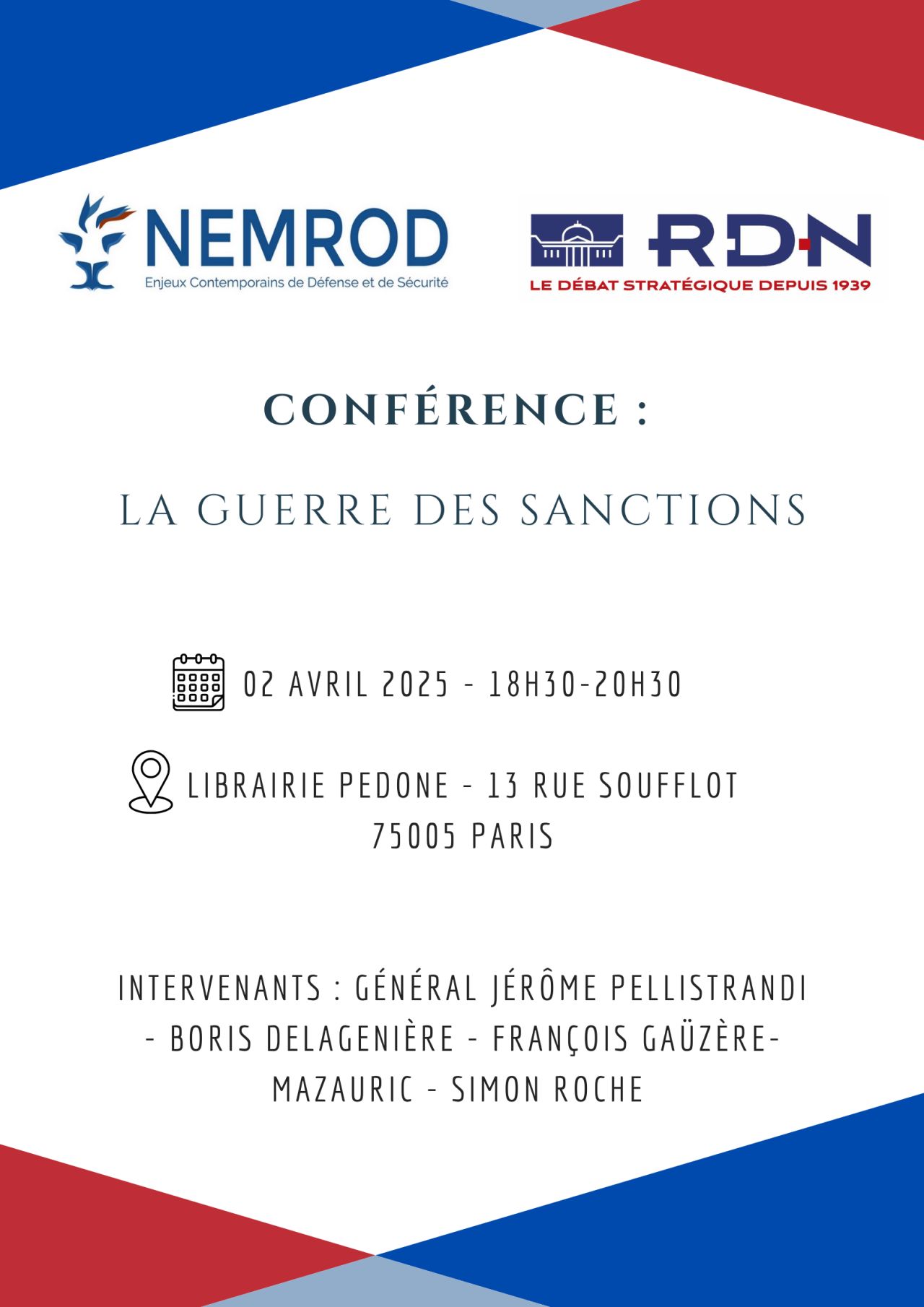Introduction
In the jigsaw of strategic relationships between the European continent and its neighbours, the Mediterranean Union project launched by France in February 2007 and adopted by the European Union in the form of a ‘Barcelona process: Union for the Mediterranean’ is the missing piece that gives the necessary coherence to the overall project.
In its many different aspects, the project is an illustration of the priority given to this region and the commitment to the Mediterranean imperative at the beginning of the twenty-first century.
This, then, is the subject of this special issue of Défense nationale et sécurité collective, published to accompany and illustrate the work accomplished by the Mediterranean Union Research Group (GRUM), which has been conducting an academic research programme on behalf of the Centre for Study and Research at the École Militaire in Paris (CEREM).
As a foreword to this issue, Jacques Attali has kindly allowed us to reprint the sensitive and brilliant lecture he gave to the Forum de Paris on 28 March 2008, for which we are most grateful. The various contributions we bring together here give an insight from a number of different angles to the security issues which underlie any enduring development in the Mediterranean area, the latter being one of the aims of this ambitious project.
GRUM’s work rapidly identified two principal themes. The first is that no collective solidarity, long-term development or stability will be possible without a new security climate in the Mediterranean. The second is that this new climate has to be created by those on the Mediterranean shores who are primarily responsible for the development of the region. The Mediterranean is after all a maritime continent which they all share, even if none among them can ignore the fact that all around the Mediterranean basin tensions and conflicts have forever been inextricably linked with the region’s history, geography, culture and economy. Above all it is for the Mediterraneans themselves to change the strategic order by using the standardising structures established by the European Union, such as the dynamic economic processes that allow public-private partnerships; it is up to them to overcome tensions and divisions and to create a new climate of confidence favourable to lasting development and security.
The various points of view expressed in this issue draw their inspiration from this principle, in which primary responsibility lies with the players directly involved. The latter need to work closely with their European, African and Near-Eastern [sic] neighbours and with all the external stakeholders who see this region not only as a workshop for globalisation but also as a tremendous reservoir of growth and prosperity.
Following a reminder of the situation in the Mediterranean theatre and the various GRUM contributions, this special issue concludes with the main conclusions of a seminar held at the École Militaire on 17 and 18 April 2008, which attempted to reply to the question of how to ensure long-term development in the Mediterranean.







